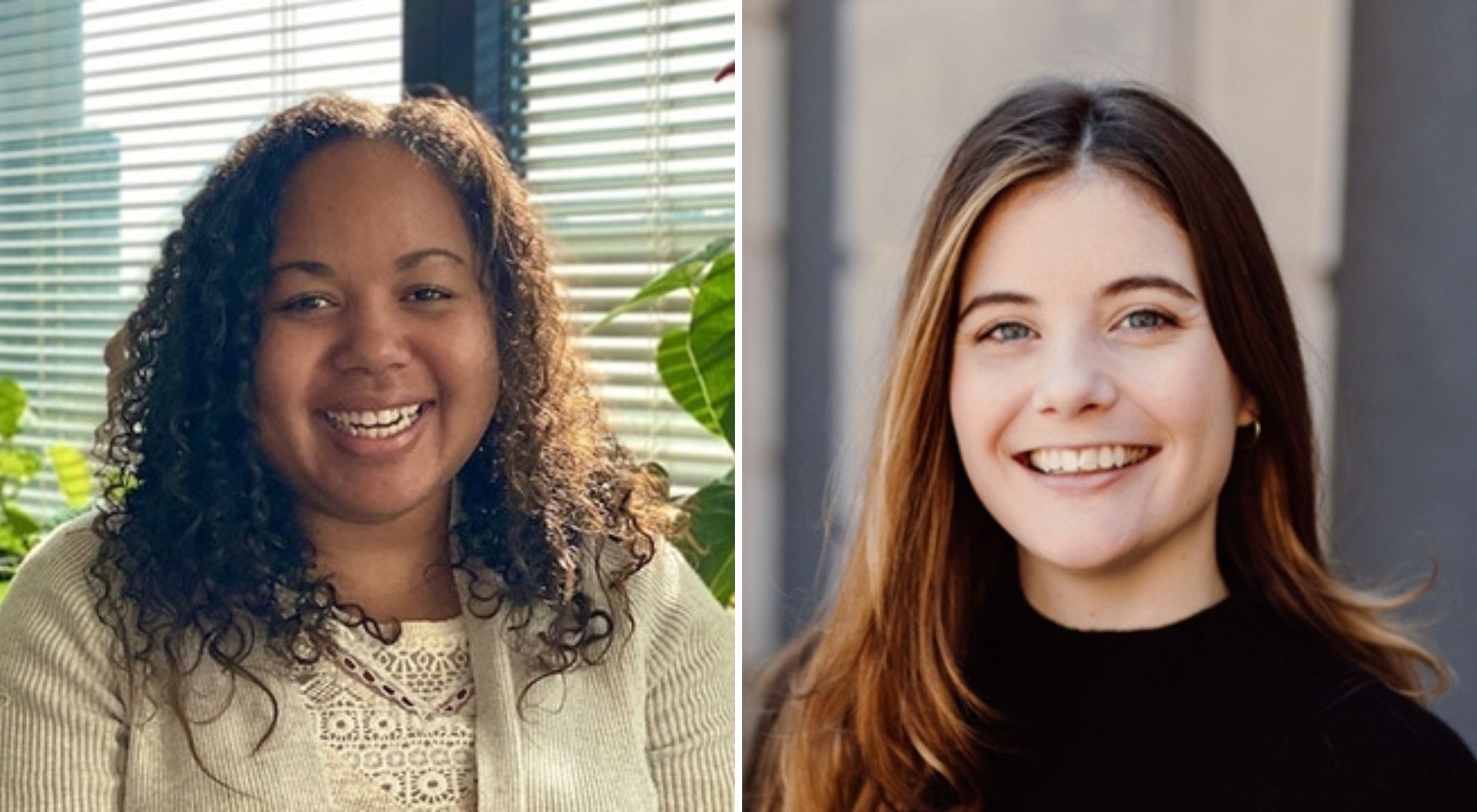Last spring, during a research seminar taught by Annenberg School for Communication professor Andy Tan, doctoral students Brittany Zulkiewicz and Thandi Lyew collaborated with students at West Philadelphia High School to develop public health communication interventions about a topic that worried the teens: sleep, nutrition, and how those behaviors combine to affect mental health.
Using the Youth Participatory Action Research (YPAR) structure, in which young people are trained to become partners in research that will benefit them and their communities, Zulkiewicz and Lyew encouraged students to identify a public health issue that they’d like to address and then proceed to research the best way to address it.
The philosophy behind YPAR research is “for them, by them.” By including young people in designing helpful interventions, the hope is that the resulting solutions will be feasible and acceptable to their target audience.
YPAR research takes time, and the semester went by fast, so after the class ended Lyew and Zulkiewicz applied for a Penn Graduate Community-Engaged Research Summer Fellowship (PGCERM) from the Netter Center to continue their research with the students.
They were awarded the fellowship and soon began spending afternoons with the Penn Netter Center Summer Program interns—high schoolers from around the region.
After many meetings, the interns came up with an intervention they wanted to test: a community garden.
“The students developed a logic model of how a community garden could help those in their community eat healthier and identified creative ways to make healthy eating more feasible through cooking classes, ‘raw’ recipes that require minimal preparation, volunteer programs to reduce the cost of produce, and tailoring available produce and recipes to the community’s preferences,” says Zulkiewicz.
“Individuals in the community are the experts on themselves and each other,” says Lyew, “and so their insight on the content and design of the interventions was invaluable for helping to develop a solution that is for them and by them, rather than the usual top-down research development process.”
This story is by Hailey Reissman. Read more at Annenberg School for Communication.








